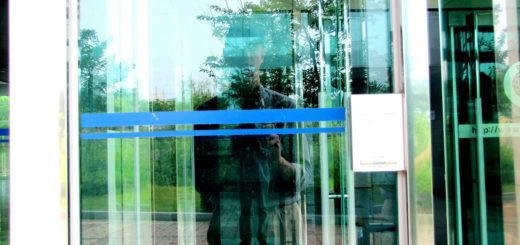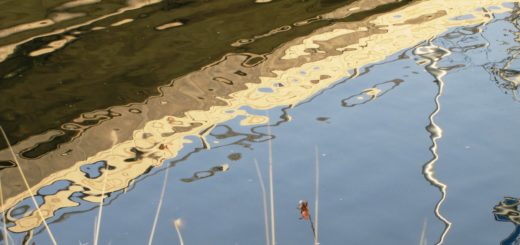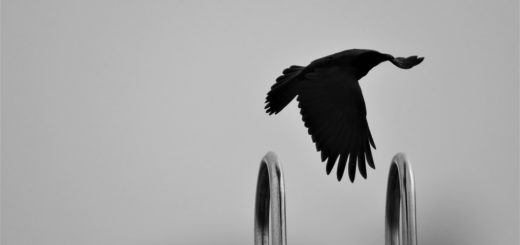Power Struggle
A terrible electrical storm passed directly over my neighborhood last night. The lightning was continuous and relentless, thunder claps following immediately upon each flash indicating the nearness of the storm’s center, and a driving rain providing a percussive undertone to the ongoing assault from above. The storm moved relatively slowly, bringing roughly forty-five minutes of full intensity before the audible distance between flashes and claps grew wider, until eventually the incessant bursts of light on the midnight horizon became a nearly silent reminder of the departing threat that had loomed right overhead just minutes earlier.
No Turner or Beethoven has ever captured the ferocity of a storm in a manner that could approximate the spiritual shudder, the strange mix of mutually-heightening exhilaration and anxiety, that one feels, even under the safety of a roof, while experiencing the power of the real thing. In fact, if one were actually outside, on the sea or in the hills, in the midst of the rain and lightning, the aesthetic force of the event would be lost, as the anxiety of physical risk would overwhelm the excitement of admiration. A roof provides just enough detachment from the danger to allow that perfect balance, the shiver of anxious exhilaration, free rein in the soul.
And the aesthetic impression of the electrical storm, so inseparable from its moral impression (i.e., the awareness of the storm’s potential for real harm to humans and their lives), is all the more bracing and uplifting in a time of rapidly expanding tyranny. As we feel increasingly suffocated each day by the surrounding bleakness of the human world and its oppressive artifices, the sheer peremptory and intrusive absoluteness of Nature offers transcendent charms. For she does not give a damn about our mandates and restrictions, nor their paternalistic authors. On the contrary, the authoritarian ruler and the meanest slave are complete equals in her eyes, the leash and the lash of the one no more significant or deterrent than the disenfranchised hopelessness of the other. This fact — Nature’s lack of interest in or deference to our piddling earthly powers — has always been a matter of genuine indignation and bitterness to the tyrant. The tyrant seeks control, or rather desperately craves it, which is to say that nothing terrifies him more than the thought that something in his universe might escape his control, let alone march over his pretensions with utter disregard, thereby rendering him the hopeless one.
Nature thus reverses roles with our great artists, shifting from imitated to imitator, as her displays of power become a sort of representation — or more precisely, a higher intellectual manifestation, like a Platonic idea — of the peasant revolt or slave uprising, the figurative reduction of the tyrant to just another prisoner on trial or body swinging from a post. For his life is nothing to her, as ours are nothing to him.
The awareness of this natural metaphor or representation of leveling power, always latent in the souls of men, goes a long way to explaining the religious and mythologizing impulse of mankind. There is an Old Testament beauty in the dispassionate authority of the natural world with its floods, droughts, and lightning bolts. It is very easy to intuit an unearthly justice in this authority, particularly in times of extreme earthly injustice, during which the most spiritual of men, meaning those capable of the profoundest suffering, are likely to feel most strongly the urge to call forth a secret power that remains forever oblivious to, and intransigent before, all the irrational force of our puny world controllers.
And the city streams turned to raging rivers overnight become Tartarus, raised from the Underworld momentarily to remind us of the ultimate fate of those who would diminish us and restrain our spirits. Their eternal pains, Nature seems to whisper, will answer our temporal ones.



